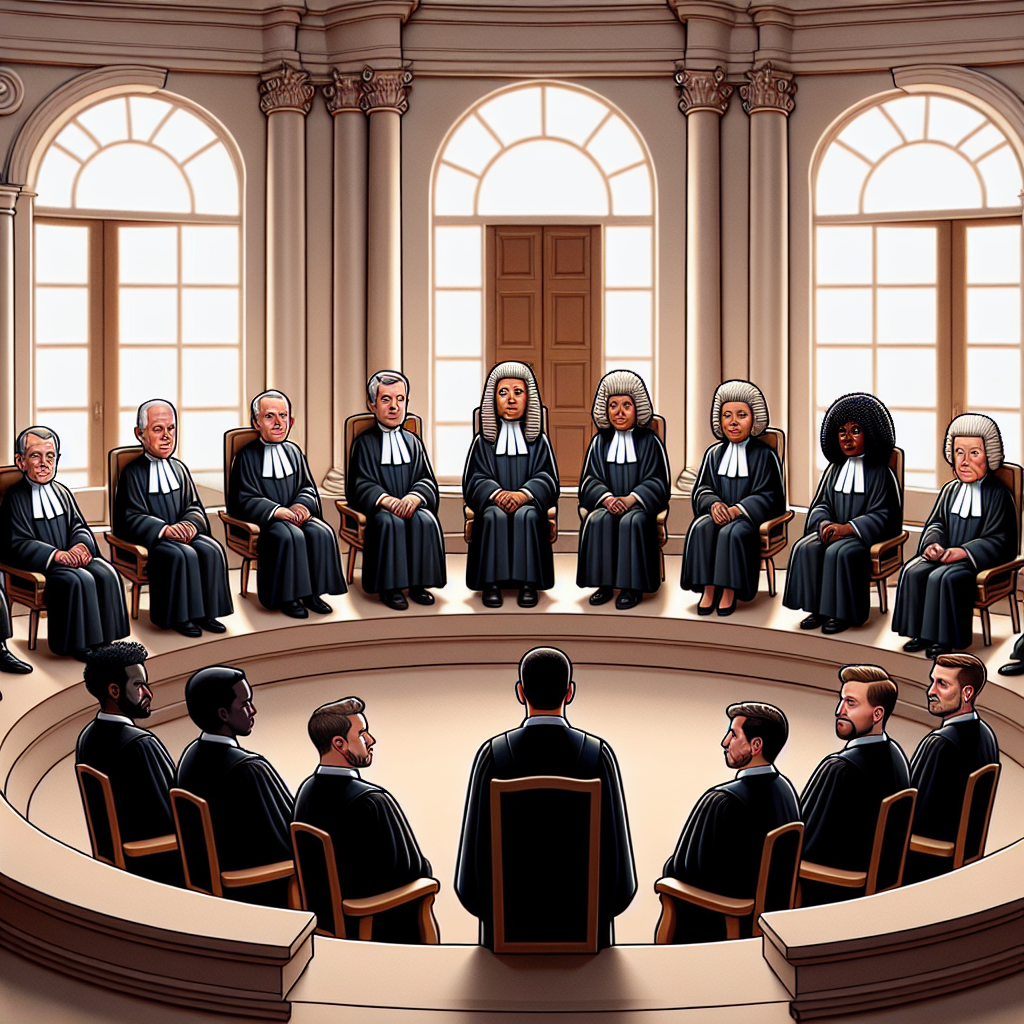Supreme Court Upholds FCC's Authority in Crucial Broadband Fund Case
The U.S. Supreme Court has upheld the Federal Communications Commission's method of funding its Universal Service Fund, crucial for expanding internet and phone access to underserved Americans. The decision overruled a lower court's ruling that challenged the FCC's funding, ensuring continued support to low-income and rural areas.

The U.S. Supreme Court has upheld a pivotal funding mechanism used by the Federal Communications Commission (FCC) for its Universal Service Fund, aimed at expanding broadband and phone services to low-income and rural communities. The 6-3 decision overturned a prior court ruling that criticized the FCC's funding strategy.
Endorsing the FCC's approach, the Court found no constitutional violations in how telecommunications companies contribute to the annual $9 billion fund. This fund supports a variety of beneficiaries, including 7.5 million low-income households and nearly 54 million students, among others.
The decision safeguards crucial broadband services for underserved areas, highlighting the intent behind Congress's Telecommunications Act of 1996. Critics challenged the delegation of authority to the FCC and a private administrative company, but the Court sided with maintaining the current structure.
(With inputs from agencies.)










